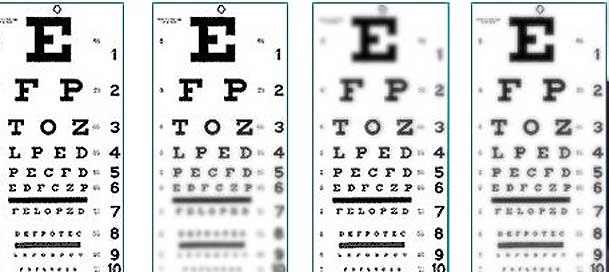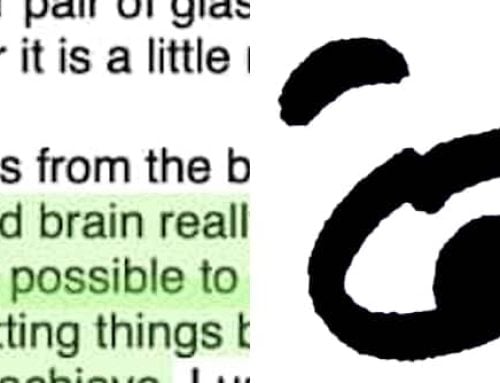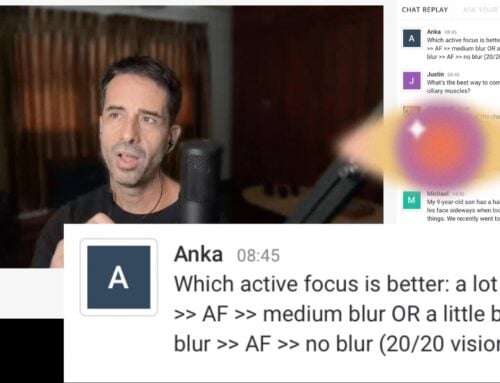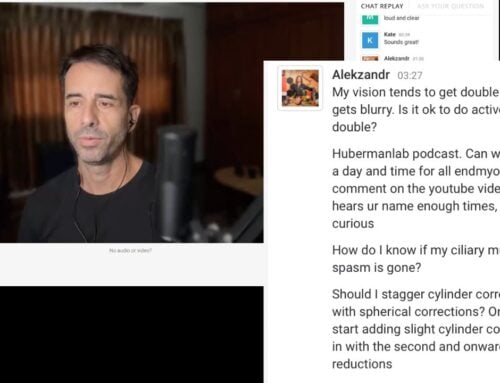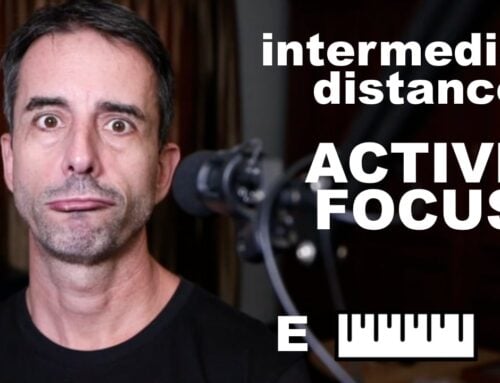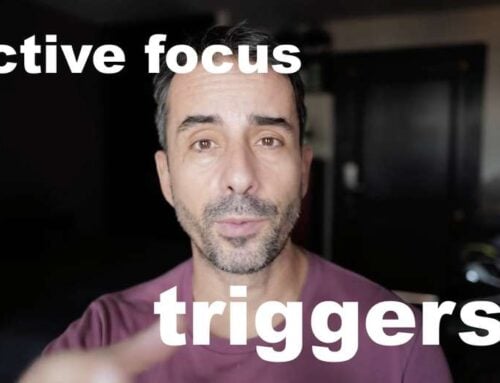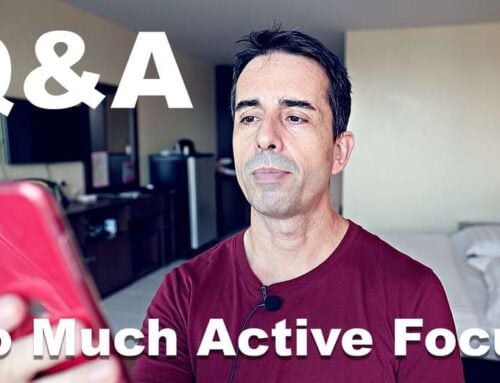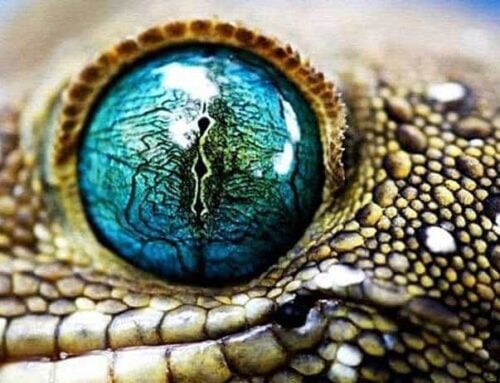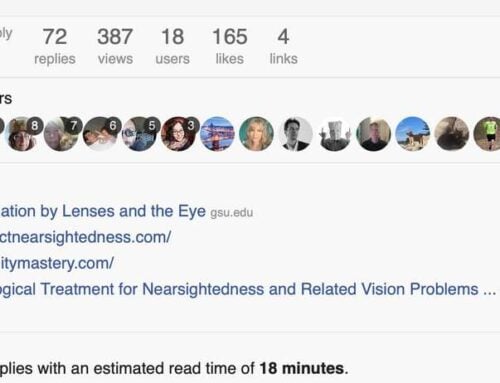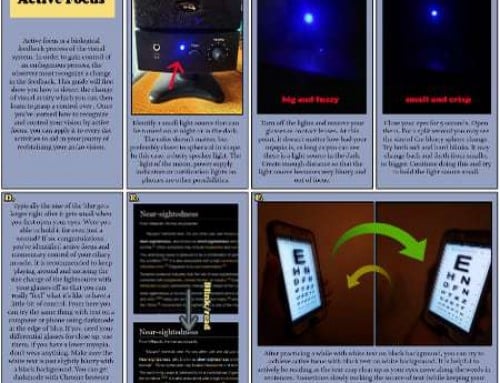Written By Despina
Contributing Optometrist
Could dry eyes be affecting your active focus?
Does your clarity change each time you blink? This may be more apparent during active focus, when clarity of vision is crucial and any minute changes are quickly noticed. If you suspect you may have dry eyes, it could be affecting your progress as far as myopia reduction is concerned.
Your tear film is something you have probably never thought about unless it has given you any grief in the past. But I suppose that’s true of many things, that you don’t appreciate what you have until it’s gone..
The tear film is what helps keep our corneas clear and healthy, wiping them clean, removing germs and debris and providing them with nutrients. An incomplete tear film will compromise its efficiency at doing this job, causing dry eyes and diminished optical quality, ie. clarity.
The tear film consists of 3, equally important, layers:
-
the outermost oily, or lipid, layer- this prevents evaporation and overflow of underlying layers, lubricating the eye and creates a clear surface
-
the middle watery, or aqueous, layer- this flushes and lubricates the corneal surface, delivers oxygen, enzymes and antibodies, and smooths away irregularities
- the inner mucin layer, closest to the cornea- this is what gives the tears their slimy consistency, helps remove foreign bodies and makes a smooth corneal surface
These layers can be affected by the inability to produce sufficient tears, caused by the following factors:
- aging- tear production decreases over the age of 50
- medication- certain medications such as antihistamines, decongesants, HRT, Parkinson’s Disease medication, preservatives in many eye-drops
- medical conditions- such as diabetes, lupus, arthritis, thyroid conditions
- laser eye surgery
- contact lens wear
- hormonal changes- as in middle-aged or pregnant women
- low vitamin A or Omega 3 diet
Alternatively, the tear film layers can be affected by increased evapouration due to the following:
- wind, smoke, air-conditioning
- insufficient blinking, particularly in contact lens wear
- eyelid inflammation- can prevent oil glands from secreting oil into the tears
- eyelid conditions such as ectropion, where the lower lids turns outwards, and entropion, where the lower lid turns inwards
As well as transient blurring, dry eyes can lead to increased risk of infection and possibly corneal abrasion or ulceration, which will have a long-term blurring effect.
So if you find yourself blinking away, willing your ciliary muscle to work, and just when you’ve got it it blurs over again, it may be that your eyes are just dry. In a large number of cases the solution can be found in a few simple steps, like decreasing contact lens wearing-time, using extra tear drops, changing your diet and looking at your medication/supplement intake. In cases of infection antibiotic eye-drops may be required. But get it sorted, you don’t want it to slow you down.

